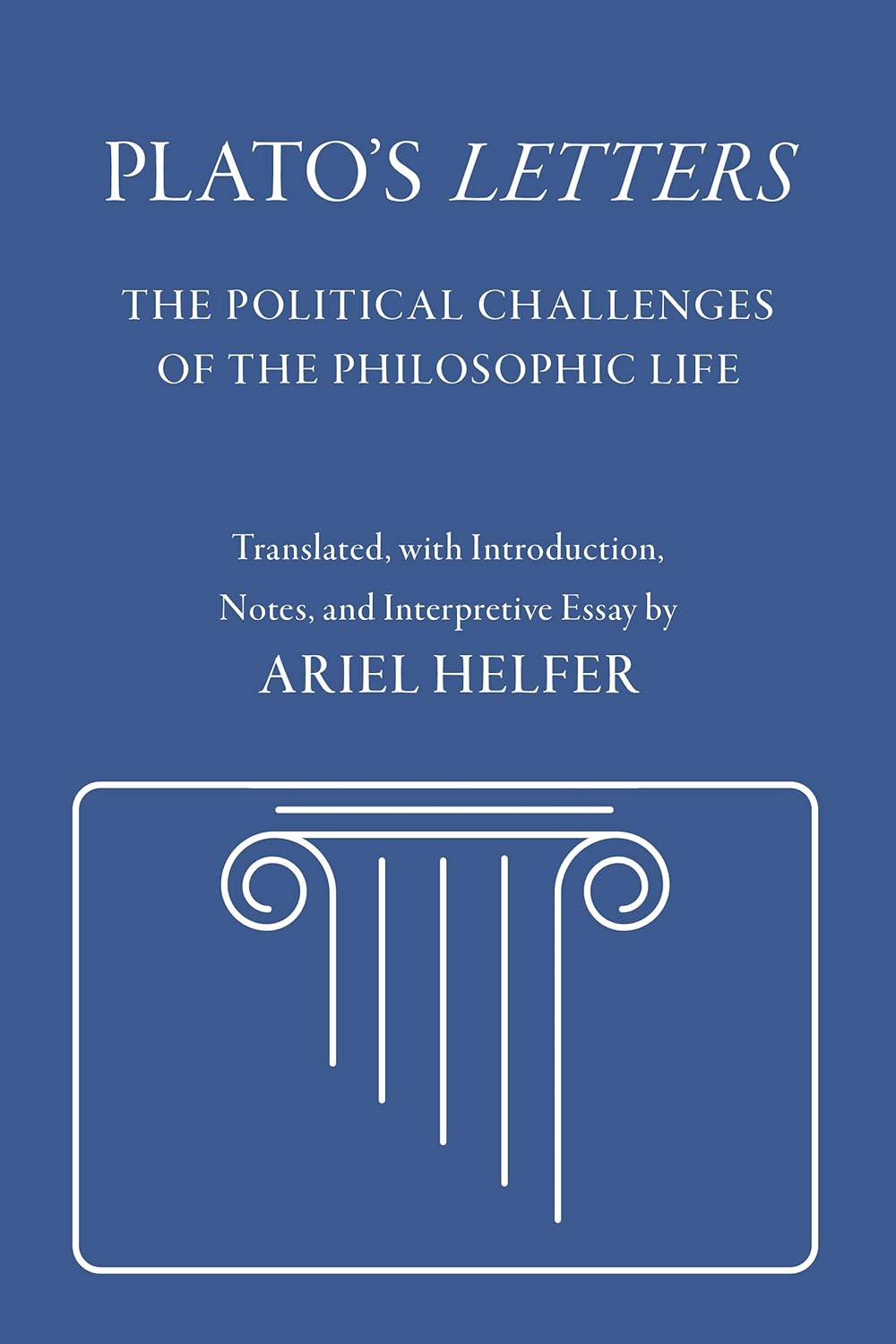
Categorii: Necatalogate
Limba: Engleza
Data publicării: 2024
Editura: Cornell University Press
Tip copertă: Paperback
Nr Pag: 318

In Plato's "Letters", Ariel Helfer provides to readers, for the first time, a highly literal translation of the Letters, complete with extensive notes on historical context and issues of manuscript transmission. His analysis presents a necessary perspective for readers who wish to study Plato's Letters as a work of Platonic philosophy.
Centuries of debate over the provenance and significance of Plato's Letters have led to the common view that the Letters is a motley collection of jewels and scraps from within and without Plato's literary estate. In a series of original essays, Helfer describes how the Letters was written as a single work, composed with a unity of purpose and a coherent teaching, marked throughout by Plato's artfulness and insight and intended to occupy an important place in the Platonic corpus. Viewed in this light, the Letters is like an unusual epistolary novel, a manner of semifictional and semiautobiographical literary-philosophic experiment, in which Plato sought to provide his most demanding readers with guidance in thinking more deeply about the meaning of his own career as a philosopher, writer, and political advisor.
Plato's "Letters" not only defends what Helfer calls the "literary unity thesis" by reviewing the scholarly history pertaining to the Platonic letters but also brings out the political philosophic lessons revealed in the Letters. As a result, Plato's "Letters" recovers and rehabilitates what has been until now a minority view concerning the Letters, according to which this misunderstood Platonic text will be of tremendous new importance for the study of Platonic political philosophy.